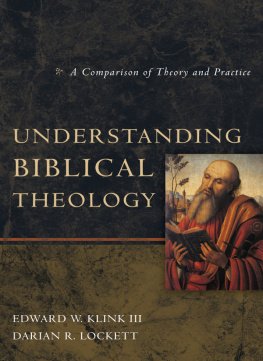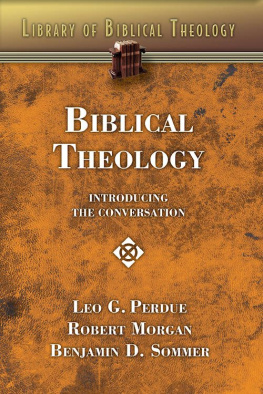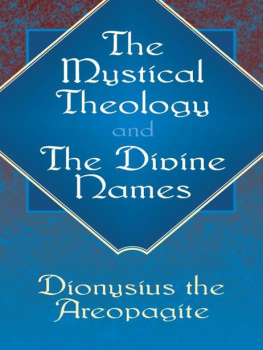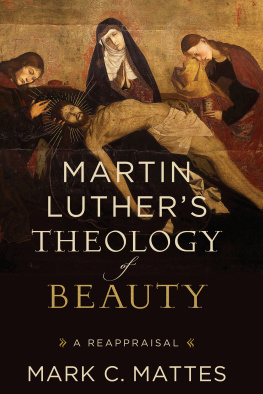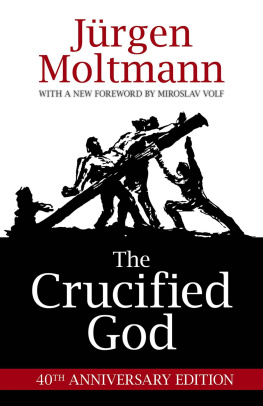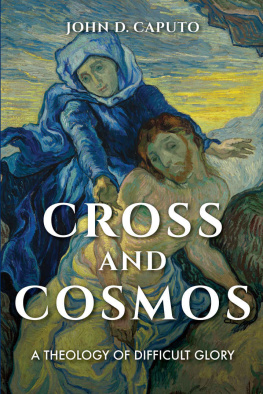Introduction
What does the ancient metaphor of divine glory have to do with the poststructuralist trope of the im-possible? Provisionally, the impossible is a term employed by philosopher Jacques Derrida to refer to something that is not formally impossible, such as the proverbial squared circle, but, rather, is impossible within the given structures of the world. An example here might be a true democracy where each persons voice carries equal importance. Yet the dash in im-possible also denotes a sense of possibility or hope, that perhaps the structures of the world that perpetuate injustice, for example, might be overcome and thus make the im-possible become possible. Might there then be glory in the im-possible, and if so, does that mean that a passion for the im-possible is a passion for divine glory? Or are divine glory and the im-possible no more related than Jerusalem and Athensa theological concept and a philosophical notion, respectively, which should not be intertwined? Preliminarily I offer that the abyss of im-possibility suggested by Martin Luthers theologia crucis , or theology of the cross, might help us frame divine glory in terms of transformation rather than fulfillment.
A root question here is whether there is space within which a poststructuralist theology might germinate from deeply Protestant sources. After all, poststructuralist thought is generally understood to be an exploration into the distances and uncertainties between words and their meanings. The image perhaps most closely associated with Protestant theology, meanwhile, is that of the revealed word of God, a direct communication from the divine that would seem to brook no uncertainty. Indeed, there has been much recent theological discussion mining the poststructuralist affinities with the Christian apophatic tradition of unsaying, but the historical sources employed in these discussions are generally patristic, medieval, or Roman Catholic. Those that have brought in Protestant traditions tend to be more critical of the poststructuralist project.
It might seem, then, that constructing a poststructuralist Protestantism is an im-possible task. That is, it is not formally impossible; rather, it is made impossible by the abstract structures created by humans and so cannot be done without an opening or rupturing of those structures. Yet it is specifically here, in the need for rupturing, that I suggest we can turn to the very cradle of Protestant thought to find the necessary tools for making the im-possible possibility of a Protestant poststructuralist theology possible. By turning to the interconnected concepts of a theology of the cross, the hidden God, and divine glory that haunt Martin Luthers thought, we might find the kind of shattering event of God that unleashes the transformative potency of divine im-possibility.
As we shall see, the theology of the cross is considered by many to be the core concept of Martin Luthers theology. Yet it is hardly a simple concept. It is comprised of a complex set of concepts hotly debated by scholars. For now, I would suggest that a critique of misplaced glory is a reasonable one-line definition of Luthers theology of the cross. In the Heidelberg Disputation, generally acknowledged as Luthers clearest explanation of a theology of the cross, he famously distinguishes between a theologian of the cross and a theologian of glory. The cross, he contends, disrupts all human pretentions to glory. Rather, the cross tells us to look to God hidden with Jesus in his suffering, which is precisely where there seems to be no glory, in order to see Gods glory rightly. In the glory of God with us in suffering, God does the impossible. For Luther, the impossible work of God is specifically framed in terms of God offering justification. In his treatise The Freedom of a Christian, for example, he writes of human attempts to justify oneself before God, That which is impossible for you to accomplish by trying to fulfill all the works of the lawmany and useless as they all areyou will accomplish quickly and easily through faith. For our purposes here the salient point is that Gods glory, understood rightly, according to Luther, brings forth something impossible.
A connecting point between Luther and poststructuralist thought comes through the work of John D. Caputo, a contemporary American philosopher and theological thinker. Caputo appeals to the concept of a theologia crucis, though not specifically as Luther understands it, in arguing for recognizing the weakness of God to effect the kingdom of God in bringing justice into a world riddled with injustice. That is, he wishes to view the name God as referring to a provocative force agitating for and calling out for justice to be realized rather than as referring to someone or something with agential power of its own. Despite this insistence on God as a weak force, for Caputo, faith is an active hope that the impossible possibility of a transformation toward justice in the world may actually occur. There is no guarantee of this happening for Caputo, and so he uses Derridas locution im-possible, to mark the relationship between possibility and impossibility within the concept of hope. As we shall find, Caputos hope for the im-possible possibility of transformation could be read as the signifier of a passionate desire for the messianic coming of divine glory into a world that lacks it. Might we begin, then, to see a certain linkage between glory and im-possibility in the thought of both Caputo and Luther?


